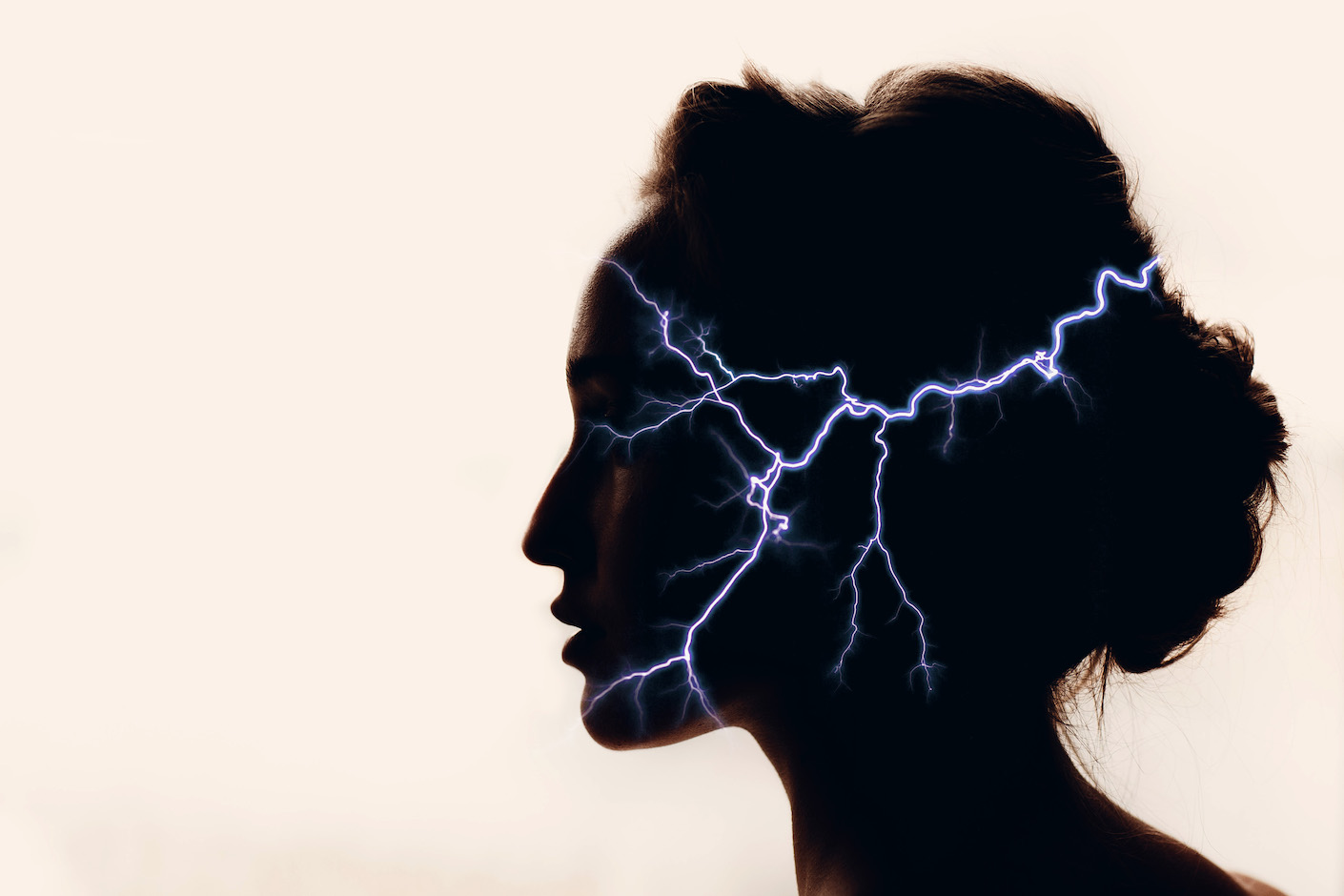
{For the beginning of this series, click HERE}
A bit of truth-telling: I have complex PTSD (C-PTSD). More people are familiar with PTSD proper, which can happen when one has experienced a shocking, scary, or dangerous event—such as an experience in war, a mugging or sexual assault, a car crash, a natural disaster. Complex PTSD happens when a traumatizing pattern of experience persists over a long period, especially if this happens when you are younger, with fewer resources to cope with the experience. It results in the body when you have been in a “freeze and appease” posture (ie dissociation) for a long time while under threat—when the body’s natural fight-or-flight mechanism is ignored. While the physiological cues are all there, telling you to flee, you can’t. On the outside, you freeze. And eventually, the physiological cascade in your body becomes hyper-activated. It does not shut off.
Though I’ve known for some time I deal with trauma in my body, and though I’ve been in therapy since before my lupus (SLE) crash and diagnosis, lupus has made me newly aware of the physiological implications of C-PTSD. So I finally decided to write about it: in case my case resonates for others and can, if nothing else, augment self-understanding for some readers, or a sense of “not being alone.”
Types of events that can cause C-PTSD include things like ongoing abuse or neglect or witnessing such; manipulation or entrapment; or experiences of traumatic events that linger, as in kidnapping or war. These are especially damaging when experienced in youth or young adulthood, when the trauma lasted a long time, and when one does not see a way out. Often the events are lingering because the perpetrator is someone close to you. In my case, C-PTSD stems from the experience of a 6-year emotionally abusive relationship/marriage that began when I was 17. My therapist thinks a severe accident/head-injury when I was 6 may also have contributed, and especially the prolonged fall-out from it like reading and attentional problems, depression, and impulsivity—most of which I kept to myself. In both cases, my personality was so bent on projecting beauty and success that I hid what was happening from those around me, even from those who could have offered care.

The Body Remembers
Now I am 53 and my body remembers the trauma. Often my nervous system is so over-activated that the intensity of a fight-or-flight response is triggered by something very small, like dropping something, interpersonal conflict, or hearing a sudden loud noise. Even elation-stress or happy excitement can cause such a physiological response. C-PTSD can cause some of the same symptoms of PTSD, such as hypervigilance, shame, a sense of threat in the world, and flashbacks or intrusive memories, but C-PTSD can also include difficulty with processing intense emotions of all kinds, difficulty with hope and trust of others, and strong self-preservation instincts. It can lead to a perpetual hyperactivation of the nervous system, which in turn perpetuates sickness as the body’s stress response is persistent and over-activated. In some cases of PTSD and C-PTSD, the sympathetic nervous system becomes overactivated, in others, the parasympathetic nervous system. You can read more on this in the note and link below.[1]
My childhood accident and abusive marriage are in my long-long-distant past. But the lingering implications dwell in my body. I’ve often hesitated to talk or write about this with regard to chronic illness because of fear my illness will be dismissed as “all in my head.” The problem with such a dismissal or analysis is that the mind and body are never separate. They are one. The illness is very much in my body, affecting the functioning of organs (adrenal glands in Addison’s Disease) and systems (the immune system in SLE [lupus]). Though my dis-ease may be connected to past traumas, the physical illness is real. If you have had traumas that manifest in your body and make you sick, your sickness is real, your disease is real. If you know someone with PTSD or C-PTSD who has physical illness, their physical illness is real. Medicine is waking up to the fact that the body cannot be isolated from the mind. And when illness is related to an over-activated nervous system because of past trauma, addressing the body and the mind are imperative to healing.
A word on women and disease. It has been found that some illnesses, especially autoimmune diseases, impact women more commonly than men. Hormone fluctuation may play a role in this. SLE (lupus), for example, affects far more women than men, and it’s believed estrogen plays a part. But I also think women are more susceptible to disease because we’re socialized to “freeze and appease” rather than “fight or flee.” For reasons explained above, a prolonged “freeze and appease” posture in the face of threat dis-regulates the nervous system and can make the body quite vulnerable.
I’d love to say I’ve found an easy way to heal from trauma. In my case, the road has been very long and I have far to go. Evidence suggests that C-PTSD is often harder to treat than PTSD.[2] But I’m grateful for increasing attention to these conditions. Without awareness, we stumble in the dark.
____________________
[1] “Trauma changes the nervous system. Complex, developmental and relational trauma (CPTSD) can alter the nervous system to remain in a constant state of being prepared for danger. Trauma survivors may exist feeling on-edge, hypervigilant, or hyperaroused some or most of the time — or the complete opposite — numb, disconnected, or shut down (hypoaroused). Some may feel a combination of the two. Chances are, because of the trauma that happened to you, changing your ability to feel steady and stable, your nervous system has a harder time regulating itself long after the traumatic events of the past. You might find yourself living in a constant state of activation or imbalance, struggling to ever feel regulated or calm. When the sympathetic nervous system is constantly activated, this chronic stress can affect your immune system and your health. The same goes for an imbalanced activation of the parasympathetic nervous system. After trauma, the nervous system can remain prepared for danger!”
[2] https://www.sciencedirect.com/science/article/abs/pii/S2468749922000503
Wren, winner of a 2022 Independent Publishers Award Bronze Medal














